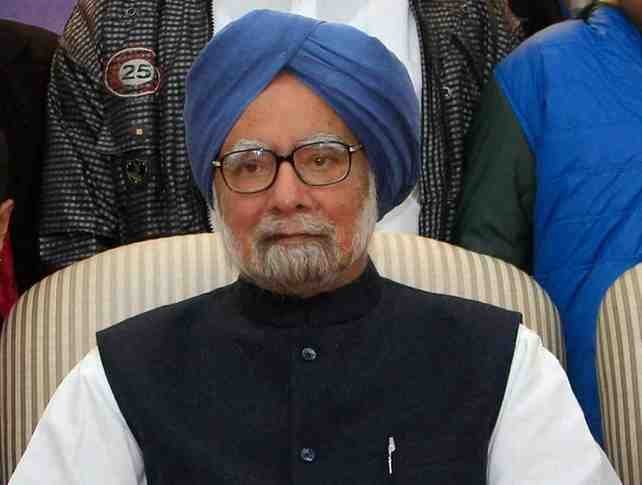During his tenure as Prime Minister, Manmohan Singh implemented a range of foreign policy initiatives that significantly strengthened India’s relationships with various countries. These efforts not only enhanced India’s global standing but also fostered economic growth, regional stability, and international cooperation.
Rise to Prominence
Singh’s academic excellence and expertise in economics led him to join the Indian government as an advisor in the Ministry of Commerce and Industry in 1971. He went on to hold various key positions, including Chief Economic Advisor, Governor of the Reserve Bank of India, and Head of the Planning Commission.
Economic Reforms
As Finance Minister in 1991, Singh played a crucial role in liberalizing India’s economy. He abolished the Licence Raj, reduced state control, and introduced policies to attract foreign investment. These reforms transformed India’s economy, making it more competitive and growth-oriented.
Key Foreign Policy Initiatives
Singh’s foreign policy approach was characterized by pragmatism, strategic thinking, and a commitment to India’s national interests. Some of the key initiatives that showcased his diplomatic acumen include:
India-US Civil Nuclear Agreement: Signed in 2008, this landmark agreement marked a significant shift in India’s relations with the United States. The deal enabled India to access civilian nuclear technology and fuel, while also strengthening bilateral ties.
Look East Policy: Singh’s government actively pursued engagement with East and Southeast Asian countries, particularly through the Association of Southeast Asian Nations (ASEAN). This policy aimed to promote economic cooperation, cultural exchange, and regional stability.
India-ASEAN Free Trade Agreement: Signed in 2010, this agreement aimed to reduce trade barriers and increase economic cooperation between India and ASEAN member states.
Improved Relations with Pakistan: Singh’s government made efforts to normalize relations with Pakistan, including the signing of the Indo-Pakistani Joint Statement in 2004. Although progress was slow, these initiatives helped to reduce tensions between the two nations.
Regional and Global Impact
Singh’s foreign policy initiatives had a profound impact on India’s regional and global standing. Some notable outcomes include:
Enhanced Economic Cooperation: India’s economic ties with various countries, particularly in East Asia, were strengthened through trade agreements and investments.
Regional Stability: Singh’s efforts to improve relations with Pakistan and other neighboring countries contributed to a more stable regional environment.
Global Influence: India’s growing economic and strategic importance enabled it to play a more significant role in global affairs, including its participation in international organizations such as the G20 and BRICS ².
Legacy and Impact
Manmohan Singh’s legacy as a reformer and a statesman is unparalleled. His commitment to economic growth, social welfare, and foreign policy has left a lasting impact on India. As the country continues to navigate the complexities of the global economy, Singh’s vision and leadership serve as a guiding light for future generations.
Manmohan Singh’s foreign policy legacy is a testament to his vision, diplomacy, and commitment to India’s national interests. His initiatives not only strengthened India’s relationships with various countries but also contributed to regional stability, economic growth, and global cooperation. As India continues to navigate the complexities of the 21st century, Singh’s foreign policy approach remains a valuable guide for policymakers and diplomats.








